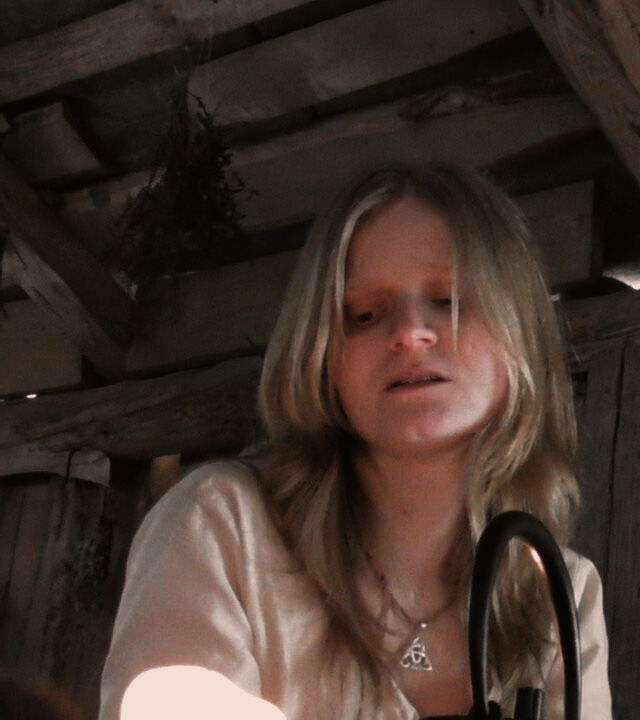- Joined
- Nov 20, 2007
- Messages
- 11,816
- Reaction score
- 641
- Points
- 188
If I can throw in my ten-bob's worth.
I did work for a UK broadcaster, always in the technical areas. Thames Television mostly did sit-coms and light entertainment for the ITV network. the work flow for programs was, studio recording, edit-suite, then sound dubbing. Quite a production line.
I was never interested in editing, tried it and realised I was useless. Couldn't see where the outgoing should end, and the incoming should start.
However, a good friend of mine was a tape-editor, and we used to talk about work in general. He did say most of the work involved getting the audio "natural" and making the sound dubbin easier.
At that time, all editing was linear. They started at the start and worked through till the end. We only recorded in duplex(two identical studio masters), an ISO (isolated camera with a dedicated record machine) was rare.
So they worked with what came out the studio on the day. The advantage they had was
the programme was done before it went into the studio. Actors were word perfect, camera/sound knew where they were going on the studio floor. Similar for all the other craft trades.
A typical 30' sit-com would be done in one long day in the edit-suite, a short day in the sound-dubbing suite.
Its all changed now of course.
It sounds to me that you are generating a lot of material, and hoping it comes together in the editting?
Edit: forgot to mention, there was only one Director and what he/she wanted got done. The editor didn't have a veto(except unemployment).
N.
I did work for a UK broadcaster, always in the technical areas. Thames Television mostly did sit-coms and light entertainment for the ITV network. the work flow for programs was, studio recording, edit-suite, then sound dubbing. Quite a production line.
I was never interested in editing, tried it and realised I was useless. Couldn't see where the outgoing should end, and the incoming should start.
However, a good friend of mine was a tape-editor, and we used to talk about work in general. He did say most of the work involved getting the audio "natural" and making the sound dubbin easier.
At that time, all editing was linear. They started at the start and worked through till the end. We only recorded in duplex(two identical studio masters), an ISO (isolated camera with a dedicated record machine) was rare.
So they worked with what came out the studio on the day. The advantage they had was
the programme was done before it went into the studio. Actors were word perfect, camera/sound knew where they were going on the studio floor. Similar for all the other craft trades.
A typical 30' sit-com would be done in one long day in the edit-suite, a short day in the sound-dubbing suite.
Its all changed now of course.
It sounds to me that you are generating a lot of material, and hoping it comes together in the editting?
Edit: forgot to mention, there was only one Director and what he/she wanted got done. The editor didn't have a veto(except unemployment).
N.
Last edited:










